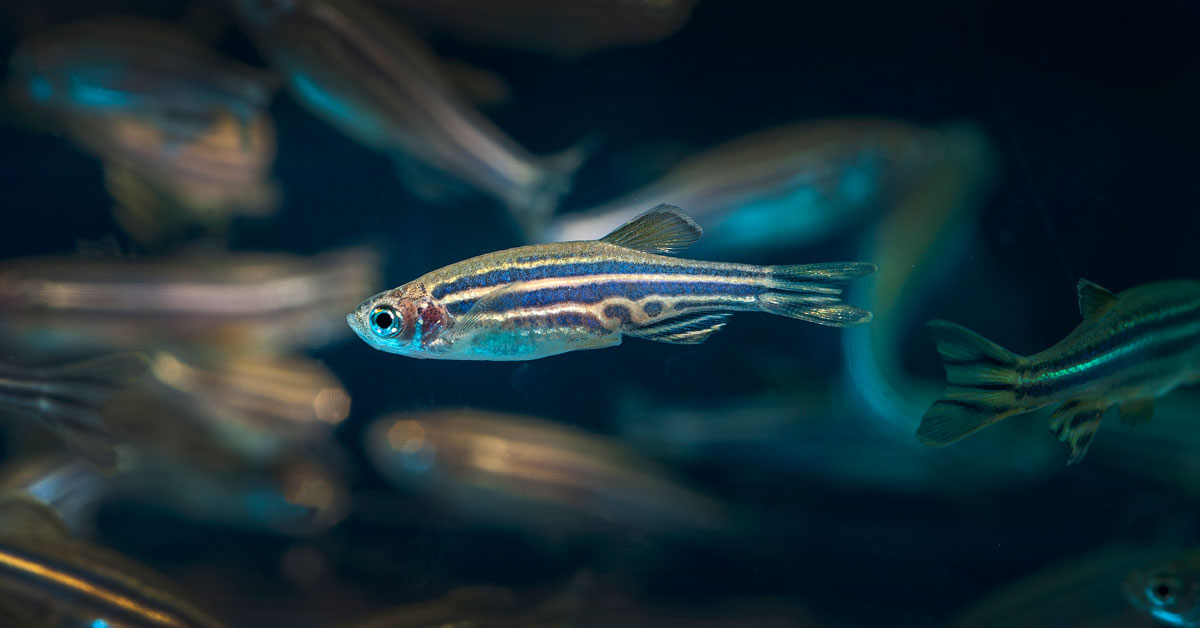Fiberglass casts were first developed in the 1970s with the use of plaster of Paris casting material and cotton dressing. They were clunky, heavy, and susceptible to breaking.
50 years later, traditional fiberglass casts have evolved to be lighter and stronger. But age-old problems remain: they sweat, itch, smell, and they can’t get wet.
Now, engineers from the University of Singapore have stepped forward with a more comfortable, breathable alternative: the Castomize self-moulding cast.
In an interview with VentureBlick, engineer Abel Tao said he and his research team first met while attending the university together.
Their student project “pivoted towards orthopaedic casts” after their co-founder, Peng Mao Yu, fractured his arm while mountaineering.
“[He] complained so much about his cast and how inconvenient it was,” Tao laughed.
“It was clear to us then that there [was] room for improvement in this space,” he added, “and the founding team believed that it had the necessary expertise to develop something better.”
Through careful tinkering, Tao, Mao, and their team created a lightweight, waterproof fracture cast that self-moulds to the patient’s arm for a precise fit.

Their secret ingredient? 4D printing technology: a process that allows 3D-printed materials to change through the application of time and an energy source like water, air, electricity, or heat.
“Our cast can be taken apart and reshaped with heat [131°F] according to the patient’s needs,” Castomize co-founder Johannes Sunarko told Singapore Magazine in 2023. “Reusing our cast once is pretty much equivalent to the cost of two conventional casts.”
After Singapore’s National Research Foundation awarded them with research grants, Castomize was finally able to cross the threshold from “idea to startup.”
“That was when we connected with National Healthcare Group, which led to the co-development project for our cast,” Tao said. “This gave us crucial access to orthopaedic surgeons and nurses, who provided the necessary feedback to iterate on our product.”
Since it began rolling out its casts in regional hospitals across Asia, Castomize has won a flurry of awards: Forbes’ 30 under 30, the ASEAN Outstanding Engineering Achievement Award, and the 2025 MUSE Design Award for Medical Devices.
Up next, Tao and his team have their eyes set on winning the 2025 James Dyson Award — all while they work on scaling up their designs to include splints, prosthetics, and more.
“We are exploring modular designs that can immobilise different parts of the body selectively,” Tao explained. “Beyond just using 4D-printing for orthopaedic casts, we see potential applications elsewhere as well. Within the medical space, drug delivery systems and blood vessel stents are of interest to us.”
“Outside of [that],” Tao said, “anything is possible.”

Header image via Rawpixel (CC0 1.0)



